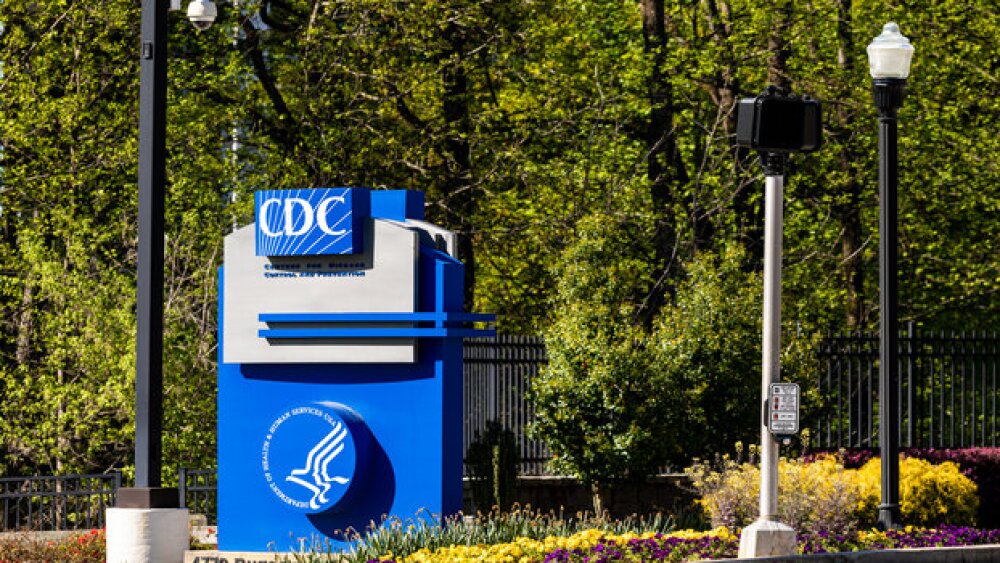STAMFORD, Conn., Jan. 27 /PRNewswire/ -- Justice Stephen J. Maltese of the Supreme Court of the State of New York for Richmond County on January 24, 2005 denied the plaintiffs' motion for class certification in Hurtado, et al. v. Purdue Pharma L.P., et al., a personal injury lawsuit claiming harm, including addiction, caused as a result of using OxyContin(R) (oxycodone HCl controlled-release) Tablets. Purdue Pharma is the Stamford, Connecticut-based distributor of OxyContin.
In state and federal courts around the country, class certification in OxyContin-related litigation has now been denied in written opinions on 9 occasions. After nearly four years of litigation, no plaintiff has been able to sustain a class in any of the OxyContin cases.
Class action status enables a plaintiff to prosecute a lawsuit on behalf of a larger group of people alleged to be suffering similar damages as a result of misconduct attributed to the defendant in the litigation.
Justice Maltese ruled that the Hurtado plaintiffs had failed to meet the "commonality requirement" of class certification, stating, "[This case presents] important individual issues and to lump all of those issues together would be inappropriate for all of the parties involved." (Opinion, p. 9) He observed specifically,
"[W]ithout a common injury or 'signature disease' like asbestosis or mesothelioma, which only come from asbestos contact, it is difficult to define a class or establish causation. Signature diseases are those that are uniquely related to exposure to a certain substance and are rarely observed in individuals that are not exposed. If the plaintiffs proffer that addiction is a common injury to all parties, that does not substantiate their case. The Court of Appeals in New York has determined that issues of addiction are individualized and are not appropriate for class certification." (Opinion, p. 9-10)
Justice Maltese also concluded that the individual plaintiffs' claims would not be typical for the members of the proposed class, "Without a clearly defined common injury or signature disease, the five plaintiffs named cannot be typical of an entire group." (Opinion. p.10.)
In his 23-page opinion and order, Justice Maltese also reviewed the reasoning and holdings of the state and federal courts that previously had ruled on the issue of class certification in OxyContin litigation. He noted that the New York state trial court over which he presides is not bound by the decisions from these other jurisdictions, but expressed reluctance "to rule on a case of such magnitude, which could affect potentially thousands of people without knowing what other courts have done under similar circumstances, which may be persuasive." (Opinion, p. 20).
"Justice Maltese's opinion is very welcome and we appreciate and respect his analysis," stated Howard R. Udell, Executive Vice President and Chief Legal Officer of Purdue Pharma. "This is yet another in a series of rulings in our favor that are not only important in our litigation, but for patients as well."
"Publicity arising from unproven allegations in lawsuits such as these can frighten doctors from practicing good medicine and scare patients into disregarding the instructions of their healthcare professionals. With these procedural motions behind us, we are eager to proceed to trial where we confidently expect to dispose of the allegations in this case on their merits," Udell concluded.
In OxyContin cases that have ended, 261 lawsuits against Purdue Pharma have either been dismissed by the court or withdrawn by the plaintiffs. No case has resulted in a verdict against Purdue Pharma. With the exception of a single lawsuit brought by the Attorney General of West Virginia that was settled with no admission of wrongdoing by the company, Purdue Pharma has paid nothing to settle any of the 261 private cases that have been withdrawn or dismissed.
The professional product labeling for OxyContin(R) Tablets contains the following boxed warning:
WARNING:
OxyContin is an opioid agonist and a Schedule II controlled substance with an abuse liability similar to morphine.
Oxycodone can be abused in a manner similar to other opioid agonists, legal or illicit. This should be considered when prescribing or dispensing OxyContin in situations where the physician or pharmacist is concerned about an increased risk of misuse, abuse, or diversion.
OxyContin Tablets are a controlled-release oral formulation of oxycodone hydrochloride indicated for the management of moderate to severe pain when a continuous, around-the-clock analgesic is needed for an extended period of time.
OxyContin Tablets are NOT intended for use as a prn analgesic.
OxyContin 80 mg and 160 mg Tablets ARE FOR USE IN OPIOID-TOLERANT PATIENTS ONLY. These tablet strengths may cause fatal respiratory depression when administered to patients not previously exposed to opioids.
OxyContin TABLETS ARE TO BE SWALLOWED WHOLE AND ARE NOT TO BE BROKEN, CHEWED, OR CRUSHED. TAKING BROKEN, CHEWED, OR CRUSHED OxyContin TABLETS LEADS TO RAPID RELEASE AND ABSORPTION OF A POTENTIALLY FATAL DOSE OF OXYCODONE.
Full prescribing information for OxyContin is available at http://www.purduepharma.com/PI/Prescription/Oxycontin.pdf.
Purdue Pharma L.P.CONTACT: Tim Bannon of Purdue Pharma L.P., +1-203-588-8450
Web site: http://www.purduepharma.com/




